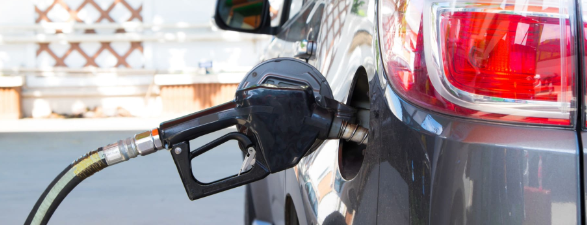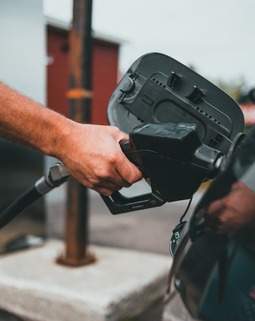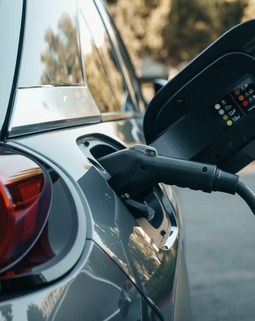Experiencing high fuel consumption in your car can be frustrating and costly. Understanding the underlying causes can help you address the issue effectively. This article explores various factors contributing to increased fuel consumption, providing insights that are accessible yet technically accurate for readers familiar with the automotive sector.
Common Reasons for High Fuel Consumption
- Defective Fuel Injectors
- Fuel injectors play a crucial role in delivering the right amount of fuel to the engine. If they are faulty or clogged, insufficient fuel reaches the engine, leading to inefficient combustion and increased fuel consumption. Regular maintenance and timely replacement of these components are essential to ensure optimal performance.
- Clogged Air Filters
- Air filters ensure that the engine receives a proper air-fuel mixture for efficient combustion. When air filters become clogged or dirty, they restrict airflow, which can cause the engine to consume more fuel than necessary. Regularly replacing air filters can help maintain fuel efficiency.
- Faulty Spark Plugs
- Spark plugs ignite the air-fuel mixture in the engine's cylinders. Worn or damaged spark plugs can lead to incomplete combustion, resulting in higher fuel consumption. It is advisable to check and replace spark plugs as part of routine vehicle maintenance.
- Under-Inflated Tires
- Tire pressure significantly affects fuel efficiency. Under-inflated tires increase rolling resistance, forcing the engine to work harder and consume more fuel. Maintaining proper tire pressure not only improves fuel economy but also enhances safety and handling.
- Poor Quality Fuel
- The quality of fuel used can impact combustion efficiency. Low-quality or contaminated fuel may not burn efficiently, leading to increased consumption. It is recommended to refuel at reputable stations that offer high-quality fuels with appropriate additives.
- Excessive Idling
- Idling consumes fuel without moving the vehicle. Keeping the engine running while stationary (for example, in traffic or at stoplights) can waste significant amounts of fuel. Turning off the engine during prolonged stops can help mitigate this issue.
- Driving Habits
- Aggressive driving behaviors, such as rapid acceleration and hard braking, can lead to higher fuel consumption. Adopting smoother driving techniques and maintaining a steady speed can improve overall fuel efficiency.
- Improper Engine Oil
- Using the wrong type or viscosity of engine oil can increase friction within the engine, leading to greater fuel consumption. Always refer to your vehicle's owner manual for recommendations on the appropriate oil type.
- Overloading the Vehicle
- Carrying excessive weight in your vehicle requires more power from the engine, which in turn increases fuel consumption. Avoid overloading your vehicle beyond its recommended capacity.
- Faulty Oxygen Sensors
- Oxygen sensors monitor the air-fuel mixture entering the engine. A malfunctioning sensor can disrupt this balance, leading to inefficient combustion and increased fuel usage. Regular checks and replacements of oxygen sensors are advisable for maintaining optimal performance.
Conclusion
High fuel consumption is often a symptom of underlying issues that require attention. By understanding these factors and addressing them proactively, you can improve your vehicle's efficiency and reduce your overall fuel expenses.





